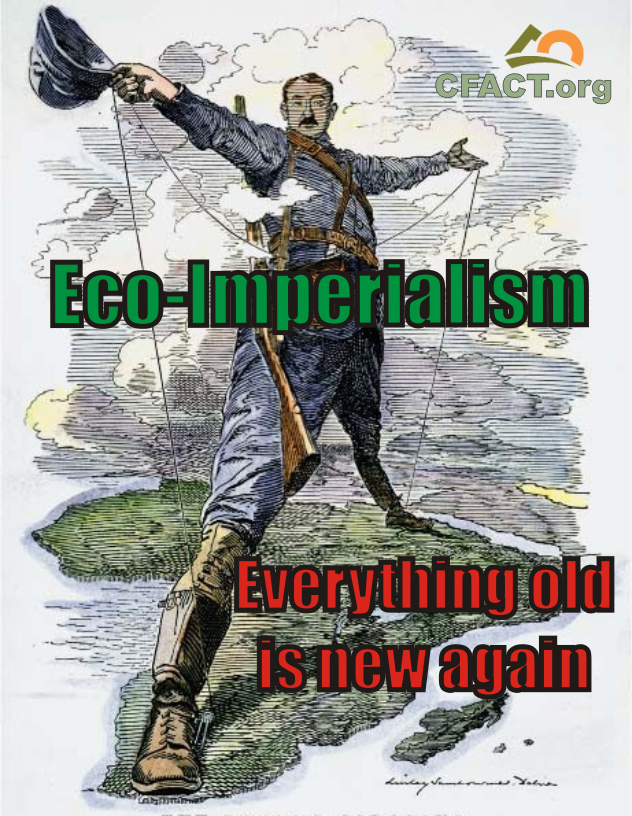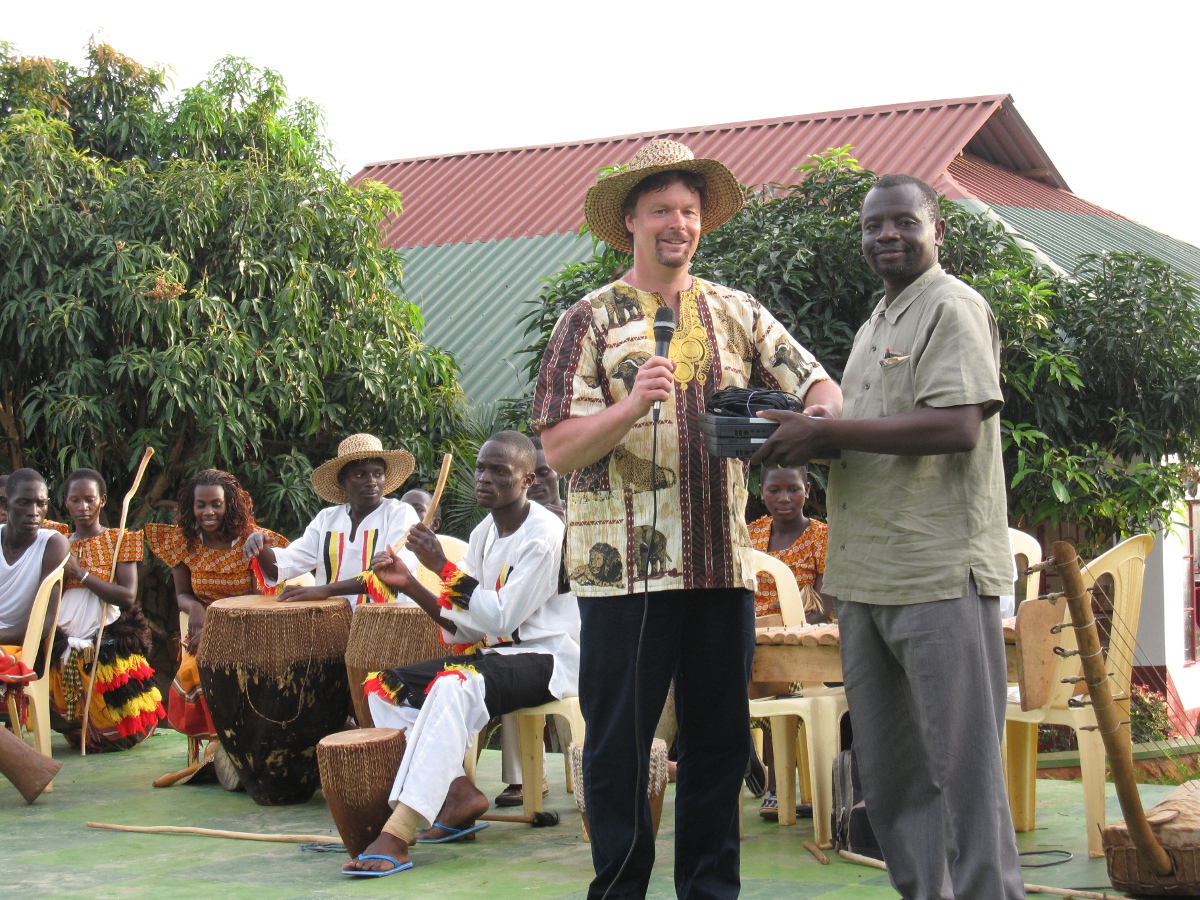
By
Craig Rucker
When
Russia caused the Bonn climate talks to collapse by preventing the SBI from
meeting, it may have awakened other nations to no longer sit docilely by while
their people’s interests are being gored.
Representatives
of Africa are stepping up and asking whether it is truly a just climate policy
to pay a poor African to remain poor.
African environment ministers from 54 nations
recently stated they were not obligated to use their lands to mitigate carbon
emissions since in their view Africa is not responsible for climate change.
African representatives are worried about a new round of eco-imperialism in Africa with carbon offset projects leading to “land-grabbing”
by developed nations. They are concerned that agriculture is being
pushed into “carbon farming” which benefits foreign investors rather
than food production and cash crops which benefit Africans.
The UN’s Clean Development Mechanism (CDM) and REDD+ forest
initiative provide schemes whereby developed countries can “offset”
their emissions by paying into projects in developing lands such as
Africa. Vast sums of money are changing hands, but not to the benefit
of Africa’s poor.
A growing number of Africans are saying “no!” to forestry and “carbon
soil” projects which would use their land for carbon credit schemes.
These carbon schemes require poor people in developing nations to lock
their land into subsidized less productive uses. The bulk of the profit
goes to local elites and carbon investors from western nations.
A study
by the Institute for Agriculture Trade Policy found that a $2.5 million
carbon offset scheme in Kenya broke down to $1.05 million for Swedish
and other operators from the west, while requiring 60,000 Kenyan farmers
to share the remainder which comes out to $23.83 each over 20 years, or
just over one dollar each per year. In exchange for their dollar these
African farmers must lock themselves into burdensome farming
requirements and most
importantly, lock themselves into poverty and out of the high yield
farming which has essentially ended starvation in the west. This is a
painful price for Africans to pay to assuage developed world guilt over
having undergone the industrial revolution.
The “Earth Partners” released a complex methodology for quantifying soil carbon capture which provides a good example of the types of schemes in play and why there is little in them which would benefit the poor.
“There is a profound danger to agriculture here, with real potential
for more land grabbing and expansion of monocultures in order to harvest
credits,” said Helena Paul of EcoNexus, (IPS News).
Others
are calling on Europeans to abandon what they are describing as their
“failed experiment of market mechanisms” and to instead go all-in on
wealth redistribution by making massive direct payments to Africa under
the UN’s pending “loss and damage” scheme (see CFACT’s report).
A particularly stark example of the danger which modern
eco-imperialism represents to Africa is what occurred when the London
based New Forests Company used armed guards to brutally push Ugandans
out of their homes to make way for a carbon offset project. Homes were
burnt and eight-year-old Friday Mukamperezida burned to death while his
mother was out getting medicine for the boy who was sick in bed. See
much more on this incident here.
CFACT has a different vision for Africa. Africans are entitled to
all the benefits that flow from a free and prosperous society. Africa
does not need paltry handouts designed to keep them poor, and certainly
should not tolerate a new wave of eco-imperialism. What Africa and the
rest of the developing world really need are free markets, property
rights, free elections and the rule of law. Developed nations should
concentrate their efforts on helping them achieve this, open markets to
their products, share technology and provide a helping hand to further
them along a constructive path.
Craig Rucker delivering laptop
Should Africans be willing to lock themselves into poverty to make
rich nations feel better about themselves? Those who truly care about
Africa will help them instead onto a constructive course. Let African
industry arise. Let high yield farming eliminate starvation. Only a
prosperous Africa with the means to provide its people with the
education, health care, nutrition and prosperity developed nations take
for granted should be acceptable to Africans and to Africa’s true
friends.
Those Africans who stood up in Bonn to reject carbon farming should do so again when the climate talks reconvene for COP 19 in Warsaw in November. Those who care about real progress for Africa should join them.
Those Africans who stood up in Bonn to reject carbon farming should do so again when the climate talks reconvene for COP 19 in Warsaw in November. Those who care about real progress for Africa should join them.
http://tinyurl.com/otcaxzj




No comments:
Post a Comment